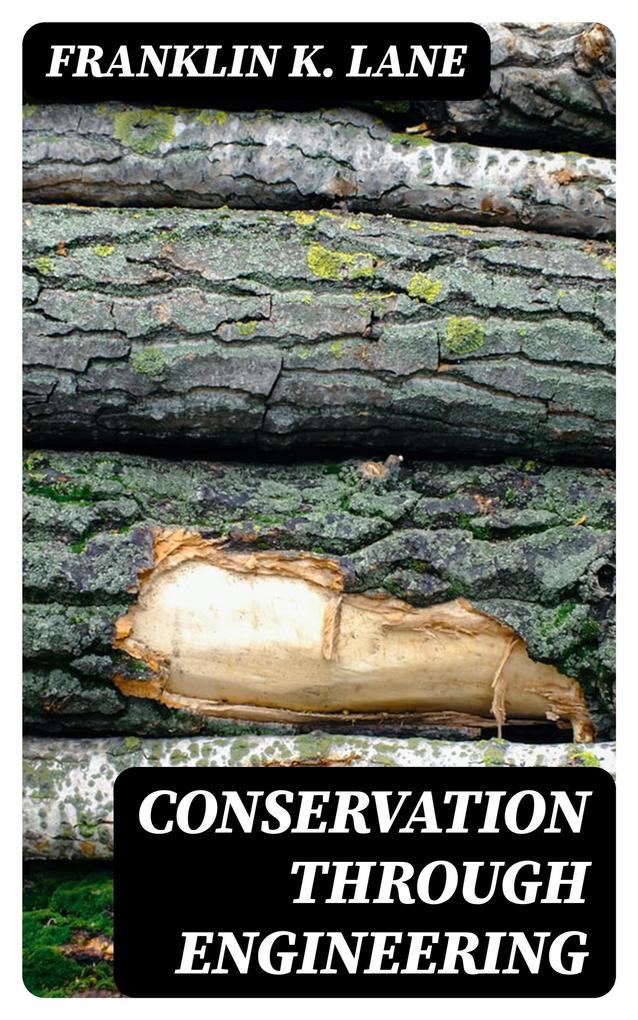
Sofort lieferbar (Download)
In 'Conservation Through Engineering' by Franklin K. Lane, the author delves into the importance of utilizing engineering techniques to preserve and protect our natural environment. Through a combination of scientific knowledge and practical applications, Lane discusses the ways in which engineering can be harnessed to promote sustainability and conservation efforts. The book is written in a clear and concise style, making it accessible to both engineers and environmentalists alike. Lane's work carries on the tradition of early conservation literature, connecting it with modern advancements in engineering and technology. Franklin K. Lane, a prominent American government official and conservationist, draws upon his vast experience and expertise to advocate for the integration of engineering principles into conservation practices. His background as the Secretary of the Interior under President Woodrow Wilson gives him a unique perspective on the intersection of politics, policy, and environmental stewardship. Lane's passion for protecting natural resources shines through in his writing, inspiring readers to take action in their own communities. I highly recommend 'Conservation Through Engineering' to anyone interested in the intersection of technology and environmentalism. Lane's insightful observations and practical solutions make this book a valuable resource for those seeking to make a positive impact on the world through innovative engineering practices.
Produktdetails
Erscheinungsdatum
15. September 2022
Sprache
englisch
Seitenanzahl
44
Dateigröße
0,60 MB
Autor/Autorin
Franklin K. Lane
Verlag/Hersteller
Kopierschutz
mit Wasserzeichen versehen
Family Sharing
Ja
Produktart
EBOOK
Dateiformat
EPUB
ISBN
8596547305989
Entdecken Sie mehr
Bewertungen
0 Bewertungen
Es wurden noch keine Bewertungen abgegeben. Schreiben Sie die erste Bewertung zu "Conservation Through Engineering" und helfen Sie damit anderen bei der Kaufentscheidung.









